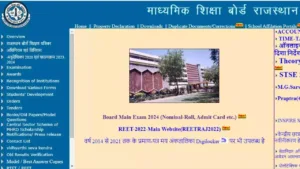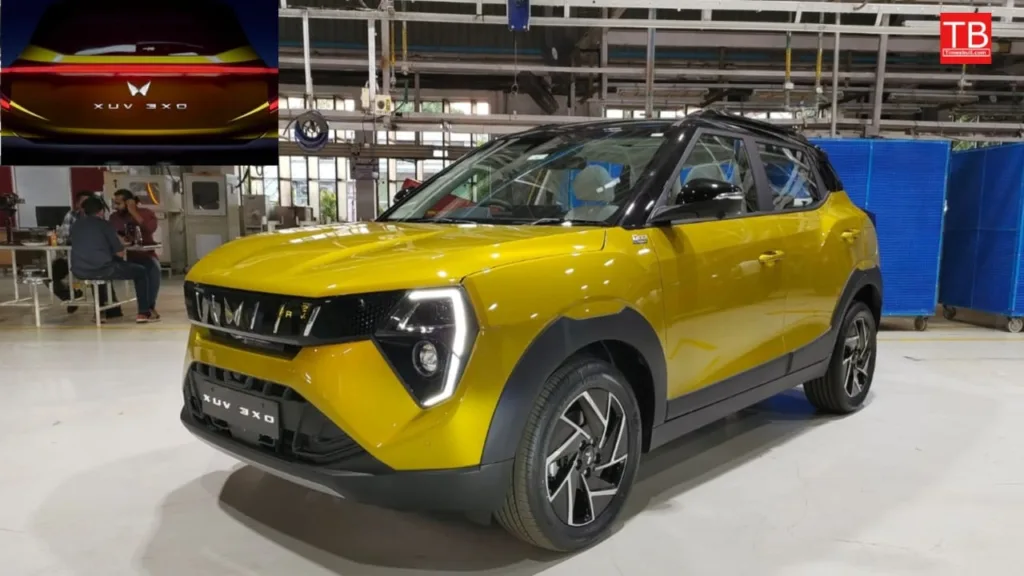The world of Artificial Intelligence (AI) is experiencing a rapid revolution, and Samsung is determined to be at the forefront. Recently, the tech giant announced the development of its very own AI accelerator chip, aptly named the Mach-1. This innovative piece of hardware promises to break new ground in AI processing, offering significant advantages for developers and businesses alike.
Gearing Up for the AI Future
Samsung isn’t new to the AI game. They’ve already made waves with their impressive Large Language Model (LLM) called Samsung Gauss, powering intelligent features on their Galaxy S24 smartphones. But the Mach-1 takes things a step further. It’s specifically designed to address the growing demand for efficient AI inferencing, a crucial step in putting AI models into real-world applications.
Breaking the Bottleneck: Mach-1’s Powerhouse Performance
One of the biggest challenges in AI inferencing is the data transfer bottleneck between the CPU, GPU, and memory. This bottleneck significantly slows down processing speeds, hindering the true potential of AI. The Mach-1 aims to smash this hurdle with its groundbreaking architecture.
Here’s where the Mach-1 truly shines:
- Unprecedented Structure: This innovative design promises to reduce data transfer bottlenecks by a staggering 8 times compared to existing solutions. Imagine the processing speed improvements this translates to!
- Lightweight Efficiency: Unlike many AI chips that rely solely on high-bandwidth memory (HBM), the Mach-1 demonstrates impressive versatility. It can also utilize LPDDR memory, making it a more adaptable and potentially cost-effective option for a wider range of applications.
Beyond the Mach-1: Samsung’s Commitment to AI Innovation
The development of the Mach-1 signifies Samsung’s long-term commitment to AI leadership. Here’s a glimpse into their broader strategy:
- Joining the AI Chip Race: Samsung joins a growing league of tech giants like AMD, Nvidia, Google, and Amazon who are all developing their own custom AI chips. This competition is ultimately a win for consumers, as it drives innovation and potentially lowers costs.
- The AGI Lab: Pushing the Boundaries: Samsung’s establishment of an AGI lab in Silicon Valley demonstrates their dedication to exploring the future of AI. This lab will focus on creating entirely new types of semiconductors specifically designed for the demands of future Artificial General Intelligence (AGI) systems.
The Road Ahead: What to Expect from the Mach-1
The Mach-1 is still under development, with mass production anticipated by the end of 2024. Here’s a sneak peek at what’s to come:
- Early 2025 Release: We can expect to see AI systems powered by the Mach-1 hitting the market in early 2025. This promises exciting advancements in various fields, from facial recognition and natural language processing to autonomous vehicles and medical diagnostics.
- A Range of Applications: With its impressive performance and adaptability, the Mach-1 has the potential to be utilized across a vast spectrum of industries. From edge computing applications to large-scale data centers, the Mach-1 promises to be a game-changer in the world of AI.
Samsung’s Mach-1 AI accelerator chip is a significant development in the ever-evolving field of artificial intelligence. Its innovative design and focus on efficiency have the potential to revolutionize AI processing speeds and pave the way for exciting new applications across various industries. As we approach the 2025 launch, the Mach-1 stands as a testament to Samsung’s commitment to shaping the future of AI technology.














